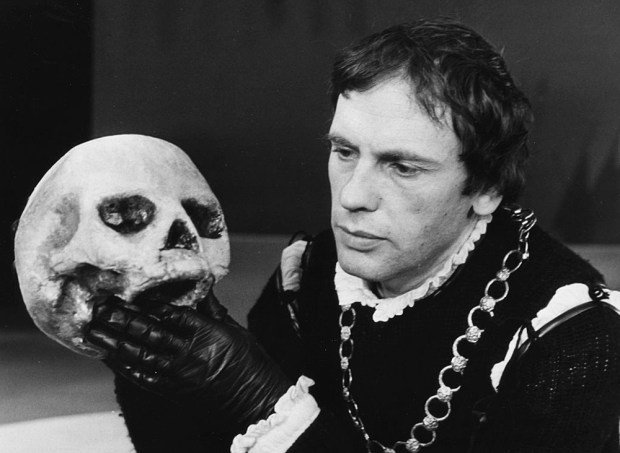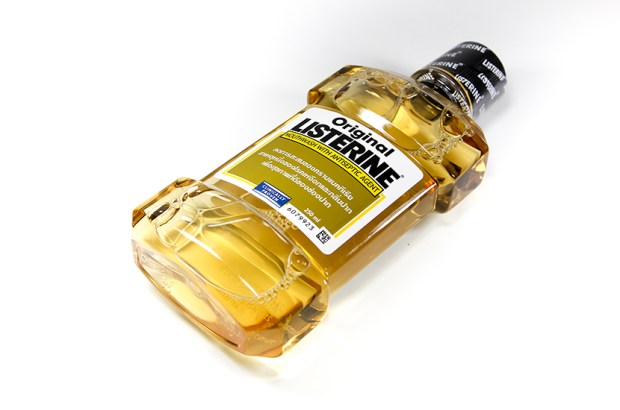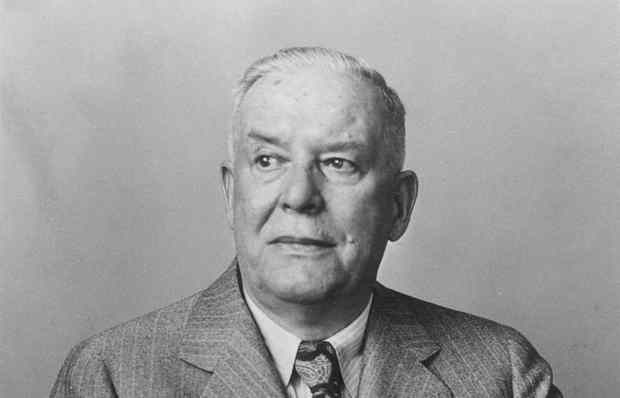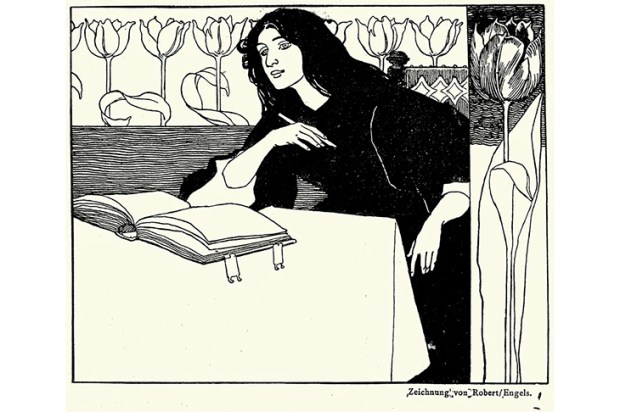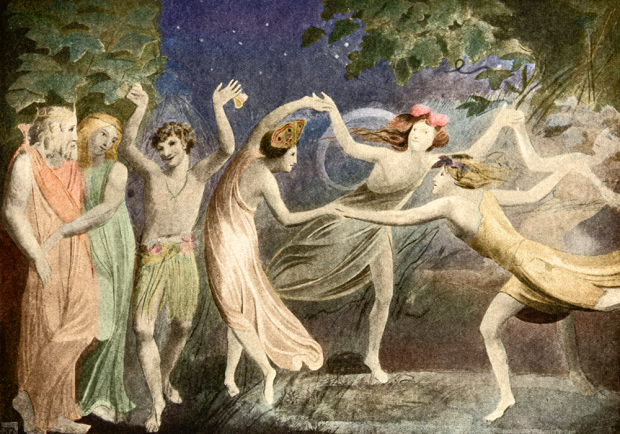In Competition No. 3150 you were invited to submit a sonnet describing one of the labours of Hercules.
This challenge seemed to strike a chord, attracting an entry of modest size but rich in wit and invention. There were some clever topical touches as well as echoes of master sonneteers from times past: Milton, Donne and Shelley.
Honourable mentions go to Chris O’Carroll, Katie Mallett, Simon May, Hamish Wilson and Rob Stuart. The prizewinners, printed below, are rewarded with £20 each.
Lerna in lockdown faced a sombre fate;
the many-headed Hydra grew two heads
for every one lopped off — the beast’s R-rate
kept fearful locals cowering in their beds.
How do you kill a multi-headed brute?
Co-operation’s key, so Hercules
brought Iolaus (young and resolute)
to bring the grisly creature to its knees.
Hercules chopped the heads, his nephew snatched
a firebrand and cauterised each stump.
With no heads left the serpent was dispatched;
the beast of terror just a rotting lump.
Its blood made poison arrows and this gory
detail killed Hercules (another story).
D.A. Prince
That Hera, wicked stepmother or what?
She handed him a multitasking list:
Mission impossible, that was the gist,
But Hercules would give it his best shot.
Take labour number nine. It was his lot
To fetch a magic girdle Hera missed.
Hippolyta agreed, then — nasty twist —
Hera, by her badmouthing, stirred the pot.
She might have aimed to only raise a laugh,
Except the fallout from it was no joke.
Refusal roused our hero’s vengeful pride.
He snuffed the Queen and several of her staff.
He was a workaholic sort of bloke
Whose superpower, it seems, was homicide.
Basil Ransome-Davies
Once Hercules has stabilised the stables
He’s chasing birds who view him as a snack;
Declining invites to their dinner tables,
He’s ready for an avian attack.
With beaks of bronze they strike in airborne raids
And slice with metal feathers, meanwhile shitting
Their poisoned ammunition — he evades
With skill the toxic faeces they’re emitting.
He fires his arrows at the murderous clan;
Rattled, they scatter: a moment we could share,
Our modern flying monsters we would ban,
Their toxic fumes excreted in the air.
Yet not by arrows are the beasts confounded,
It takes a world pandemic to be grounded.
Sylvia Fairley
Some Labours had a sort of point; at least
Those ones where Hercules put out the lights
Of some destructive and unpleasant beast
(Though some might argue monsters too have rights),
But this one’s just the pits; Eurystheus sent
Him off to grab the girdle of a Queen,
A nasty task: that seems self-evident,
More than a little rapey and obscene.
Hercules did it, but at what a cost!
He took an army with him, and he slew
Not just the Queen; a thousand lives were lost;
His excuse? He did what he’d been ordered to.
Big Herc’s admired for labours bravely done.
I’d rate him more if he’d refused this one.
Linda Crespi
The fifth task called for Herculean grit,
A chore, some say, were better left unsung
The cleaning up of reeking cattle dung
Or synonym which I had best omit.
He could have cleared the ordure bit by bit,
But Hercules fulfilled the onerous feat
By using nature’s force, he chose to cheat
And, by re-routing rivers, finished it
In record time, a flushing job well done.
Alas, his claim for due reward backfired,
The king refused to pay the man he’d hired,
So Hercules appealed in court and won.
Thus did the famous saying come to pass,
The epigram: that where there’s muck there’s brass.
Alan Millard
Enraged to find me undefeated still,
He bade me go to Hades, master there
Three-headed Cerberus through strength and skill,
My club and arrows set aside, hands bare.
It was no feat against that dead souls’ hound:
Its fang could never pierce my lion-skin cloak,
So with one heave I hurled it to the ground
Then plaited its three necks to make it choke
(But not to die — such was the pledge I’d made)
And bore it back to claim a victory won.
With this last act of penitence displayed,
The gods declared my punishments all done.
My name and deeds would be invoked forever,
When times demanded some great bold endeavour.
W.J. Webster
This task was very different from the rest:
it was demeaning, more fit for a slave;
it needed little strength, and was no test
of warrior skills, nor showed me to be brave.
To clean the stables, thick with cattle dung,
required a cunning, sideways sort of thinking.
Thus through the buildings, mighty streams I flung,
and river waters soon removed the stinking
ordure. And then my payment was denied,
so King Augeus knew my rightful rage.
I killed him where he stood, restored my pride,
and reinforced the justice of my wage.
Had I but known just where this wage would lead
I would have taken nothing for my deed.
Elizabeth Horrocks
No 3153: sneezles and wheezles
It can be tricky explaining Covid-19 to little ones, so you are invited to enlist the help of a well-known children’s author. Please email up to 16 lines/150 words to lucy@spectator.co.uk by midday on 10 June. NB. We are unable to accept postal entries for the time being.
Got something to add? Join the discussion and comment below.
You might disagree with half of it, but you’ll enjoy reading all of it. Try your first month for free, then just $2 a week for the remainder of your first year.


